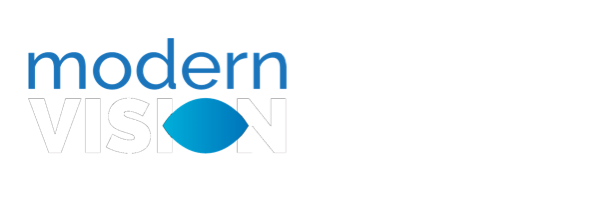What is Monovision?
Published by on January 3, 2017
If you are experiencing difficulty with near (reading) vision and distance vision, it is possible to treat one eye for near vision and the other eye for distance vision. Lance Kugler, MD often recommends treating one eye for near and the other for far, which is known as monovision. Monovision, also known as “blended vision,” reduces the need for glasses and contacts, allowing them to see near and far without any visual aids. Watch the video below to see how it works to correct near and distance vision.
Monovision decreases the necessity for both near and distance glasses. Although this may sound confusing, patients adjust well and report great results. Monovision could be the best option for the specific vision needs of patients over 40 who wish to avoid glasses altogether. However, to determine which solution is best for you, our doctors will analyze your visual system to make a vision correction recommendation. At the time of your consultation, our doctors may ask you to try a simulation, in which you’ll wear contacts that simulate what your view will be after the procedure. The majority of simulation trials last approximately one week. That way you can see for yourself whether monovision will meet your visual needs to your satisfaction.
The simulation is available with a trial contact lens. We will put one contact lens in your dominant eye for distance vision and another in your non-dominant eye for up close reading vision. After a few days, your eyes will adjust to the simulation and you will experience how the procedure will affect your vision. If you decide that you like how you see after this trial, we will toss the contact lens away and correct your vision with LASIK. This results in you will having crystal clear vision all the time without dealing with the hassles of glasses and contacts.
KAMRA inlay for near vision is similar to monovision laser vision correction, in that one eye is responsible for most of the near vision, but inlays improve near vision without impacting distance vision as much as monovision.
Are You A Candidate?

Find out if vision correction is for you! Monovision is one of the life changing vision correction procedures offered at Kugler Vision. While Monovision can get you out of glasses and contacts, it may not be right for everyone. Visit Kugler Vision for your consultation to find your best solution for youthful, crystal clear vision. Call us at 402-558-2211 to learn more about these procedures and to schedule your consultation at Kugler Vision today!

Lance Kugler, MD, is a specialist in LASIK and vision correction surgery and CEO of Kugler Vision. A proud Omaha native, he is passionate about improving lives through clear vision. Dr. Kugler serves on several national boards, and his practice is recognized internationally as a center of excellence. Dr. Kugler is one of the original founders of the Refractive Surgery Alliance, an international organization comprised of over 350 of the world’s leading vision correction surgeons; he also served as its first president. In 2019, Dr. Kugler was selected as a TEDx speaker, and delivered a talk in Omaha about the worldwide epidemic of nearsightedness and refractive solutions. Dr. Kugler is an Associate Professor of Refractive Surgery at the University of Nebraska Medical Center’s Truhlsen Eye Institute, has been published in many medical journals, and participates in numerous clinical studies to advance the field of vision correction surgery. Additionally, Dr. Kugler is proud to be a Board Certified Fellow of the World College of Refractive Surgery & Visual Sciences. Dr. Kugler and his wife are proud parents to five active kids. When he has a spare moment, he enjoys skiing, tennis, travel, and fine coffee.




Is age a big factor is having mono vision surgery? I am age 70 and husband 71. We are both using cheaters that are 225 or 250